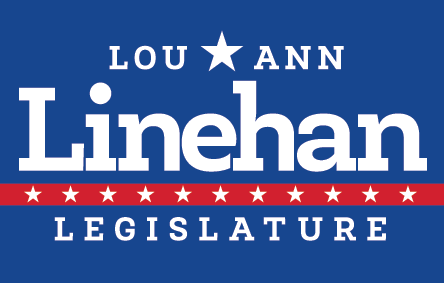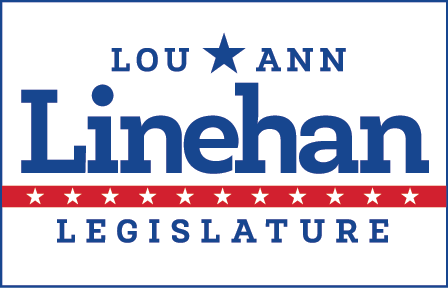09 Apr As Nebraska’s state budget takes a hit from coronavirus, chances for property tax relief dwindle
By Martha Stoddard, Omaha World-Herald,
LINCOLN — One key state lawmaker said Wednesday that economic damage caused by the coronavirus wiped out the chances for major property tax relief this year, while another said it is too early to give up hope.
State Sen. John Stinner of Gering, the Appropriations Committee chairman, said the state will not be getting the $520 million in revenues previously eyed to pay for property tax relief, business tax incentives and a tax break for military retirees.
“Based on a 10% reduction (in state tax revenues), those things have to be shoved aside,” he said.
But Gov. Pete Ricketts and Sen. Lou Ann Linehan of Elkhorn, the Revenue Committee chairwoman, called it “way too premature” to declare hopes for property tax relief dead.
Linehan said policymakers need to see how the virus plays out, as well as the effects of the various federal stimulus legislation. She is the chief architect of a bill that would make major changes in property taxes and state school aid. The measure faced an uphill climb even before the coronavirus outbreak.
“Until the dust settles, we don’t really know where we are with revenues,” she said.
Stinner spoke at a webinar sponsored by the Platte Institute, an Omaha-based think tank. He offered a first look at the potential budget impact of measures imposed to slow the spread of coronavirus, peppered with plenty of cautions about the rapid pace of change and the many unknowns.
“I can’t predict how long, how deep or what the effects of this COVID-19 situation is going to be,” he said.
But the budget-writing leader offered hope that Nebraska may be able to “skate through” in relatively good financial shape if the coronavirus recession is not too deep and if the federal government allows states some flexibility with stimulus dollars.
Looking at all states, Moody’s Analytics predicted recently that tax revenues will drop 10% or more because of the coronavirus. The firm estimated that the average state would lose revenue in the range of 15% to 25%.
A 10% drop in Nebraska revenues would mean a $500 million hit for the fiscal year ending June 30, Stinner said, and would force a reworking of the budget plan lawmakers had been debating before the Legislature was suspended.
That plan envisioned rebuilding the state’s cash reserve fund, also known as the rainy day fund. It also included $133 million that could be used for the first year of the tax relief measures. Neither will be possible now, he said.
“Obviously we came to the floor (of the Legislature) with a budget that does not reflect where we are today,” he said.
Along with revenue declines, the state will have to deal with higher costs and less money from nontax revenues, Stinner said. The cost of Medicaid, for example, will increase as more people lose their jobs and turn to public assistance, while the Game and Parks Department will bring in less money from park permits, camping fees and hunting and fishing licenses.
He predicted that Nebraska could feel the effects of the coronavirus recession for some time. Losses of income to businesses and workers this year will show up as reduced state income tax revenues next year.
States will get some help from the federal coronavirus relief bills passed so far. Nebraska is in line to get $1.25 billion under the bill passed March 27.
Stinner said that money currently is earmarked to pay the costs of responding to the coronavirus, so it could reimburse Nebraska for the $83.6 million emergency coronavirus appropriation approved late last month. The money cannot be used to help the state cope with the loss of revenues, although Stinner said he expects that states will push for more flexibility in the use of those dollars.
The federal legislation also provides funds for education and for health costs, including a 6.2% increase in the federal share of Medicaid spending, which could be a significant amount of money.

